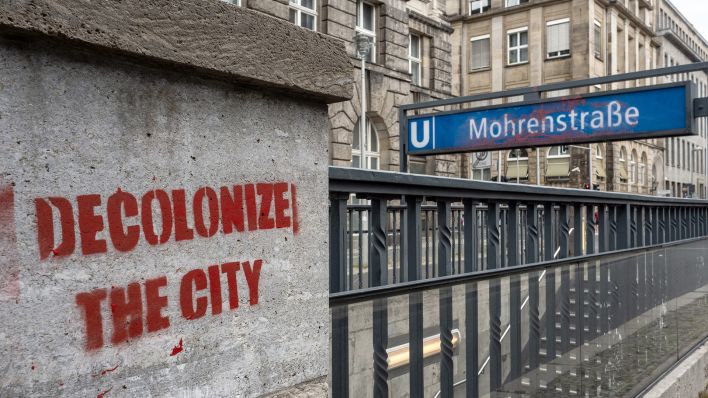While the working class faces rising living costs and militarization in the interior, there are still some in Berlin who have time for important hobbies, such as the debate over whether to rename street names. After the dismissal of a lawsuit filed by historian Götz Aly, who wanted to defend the name as an "esteem", and six other residents against the lack of resident participation in the renaming and the objection fee of 148.27 euros, it can now finally hit Mohrenstraße ("Blackamoor street") in the center of Berlin, which carries the old chauvinistic term for dark-skinned people in its name.
The new name of Mohrenstraße is to be "Anton-Wilhelm-Amo-Straße". Curiously, Anton Wilhelm Amo appears at the very top of lists of "people known to be Moors". Amo, like many of the people called Moors at the time, grew up in the 18th century at the court of a nobleman in Europe and made a career as a philosopher under the protection of electors and dukes. Because the term Mohren was used at that time still in particular for feudal servants, partly for "noble persons". Be that as it may, Amo is not to be regarded as a great "anti-racist" champion, but as an intellectual well integrated into feudal German society, who later returned to West Africa and profited as a soothsayer from the misery of the people. Since the bourgeoisie much prefers such figures to people who fight against exploitation and oppression, the district office of Berlin-Center chose the name of Amo.
Striking was only what big waves this actually trivial topic once again made in the media. While, for example, Minister of Labor Hubertus Heil undertakes, among other things, trips to Ghana, on whose present territory Amo was born in about 1703, in order to "attract skilled workers," and something like that is mentioned in passing, discussions about "political correctness" end up on the front pages of the bourgeois media. The important issues are often swept under the table and replaced with unimportant stories, which is then used to make it appear that everything is still relatively normal - the crisis that imperialism is in is disguised. The opportunists who vociferously advocate such reforms with their postmodern theses of decolonization, etc., do their part for this.











